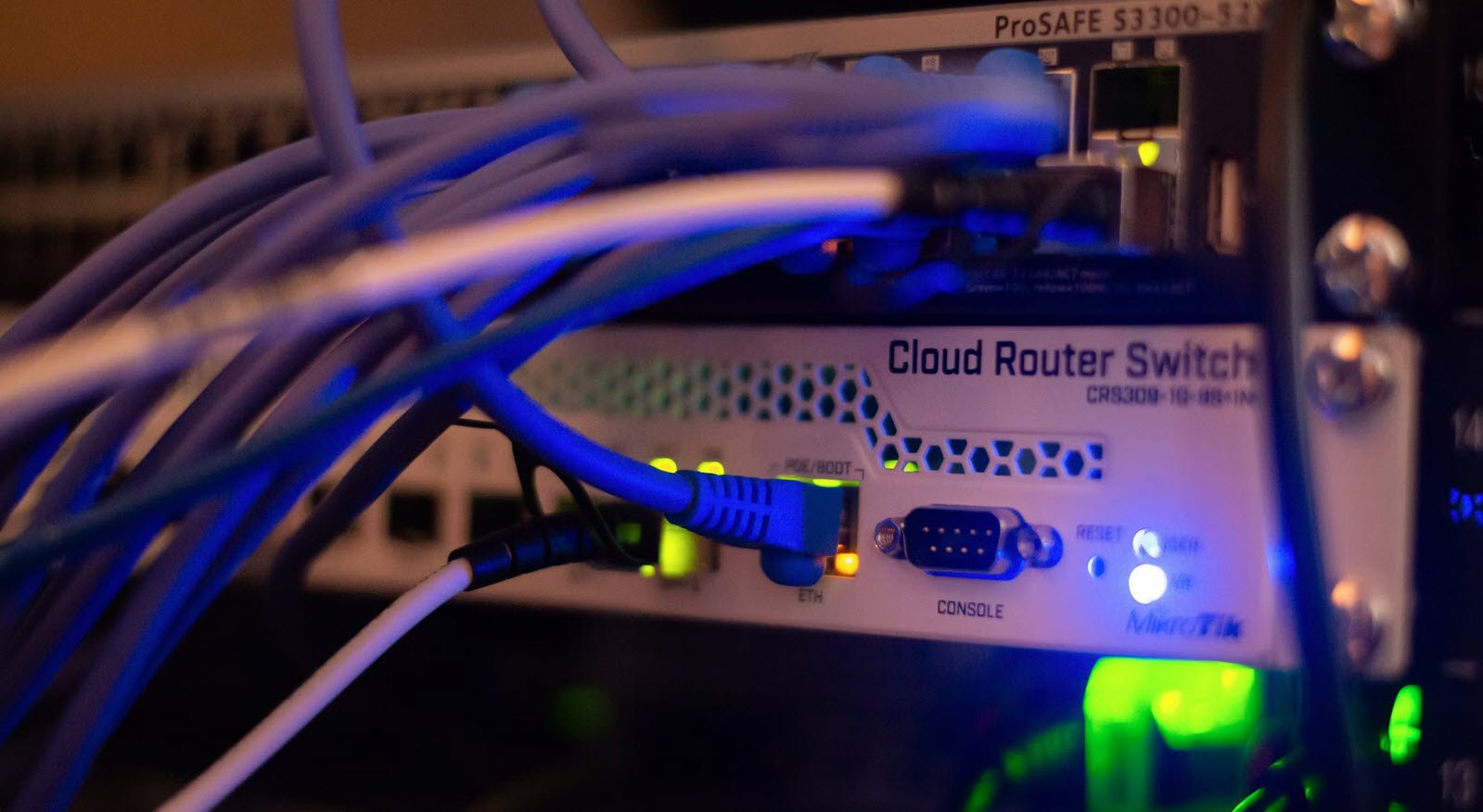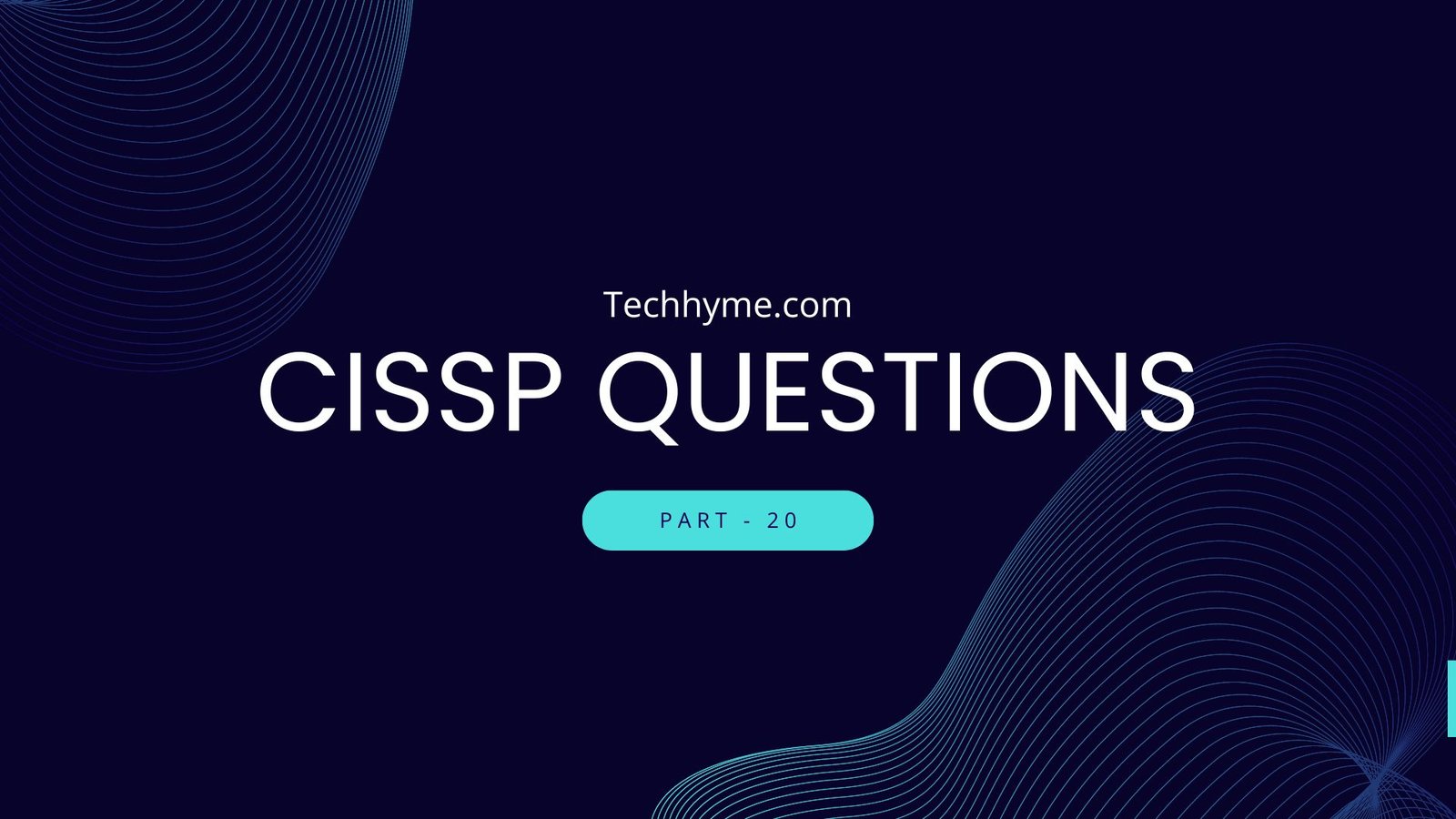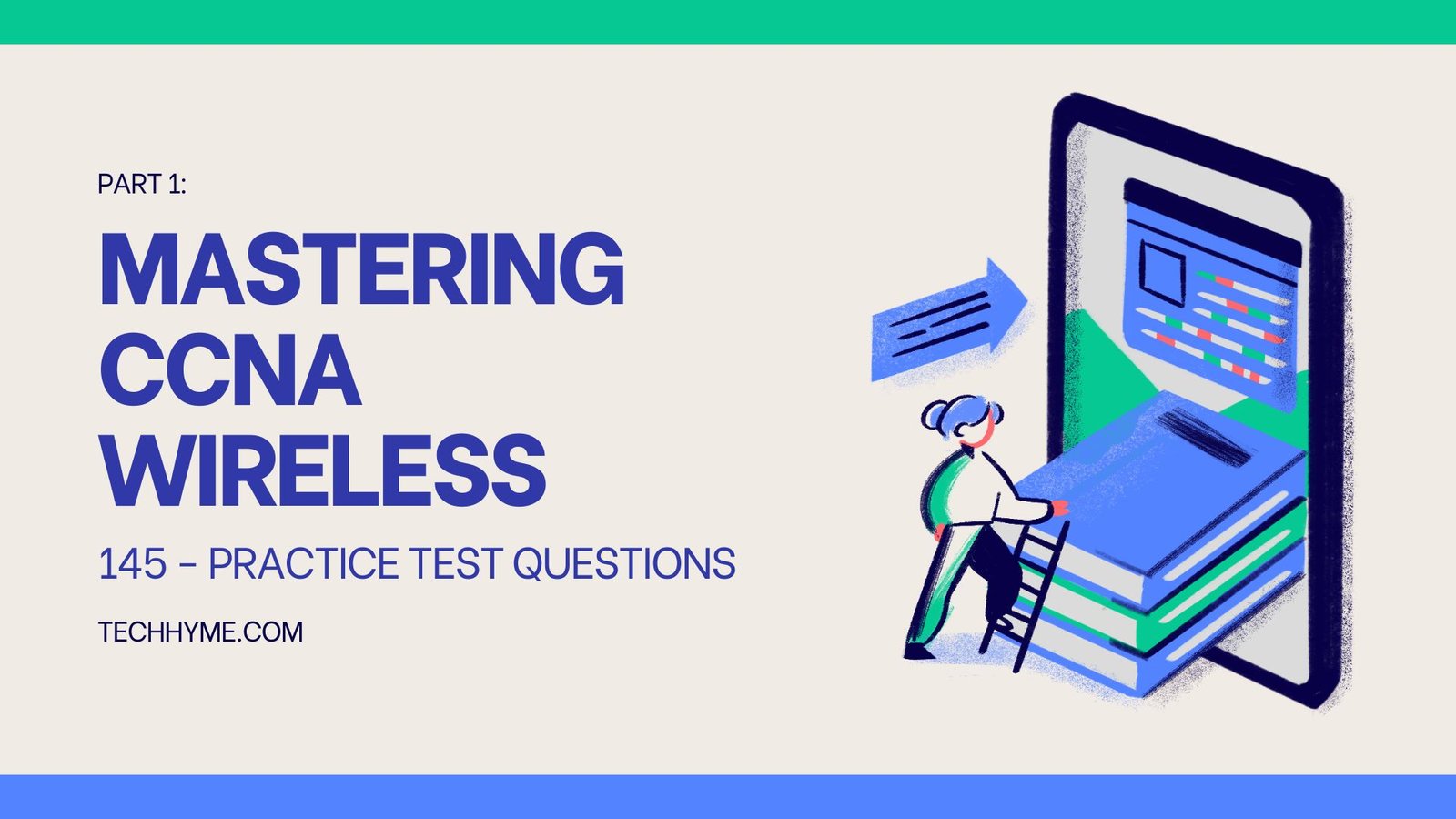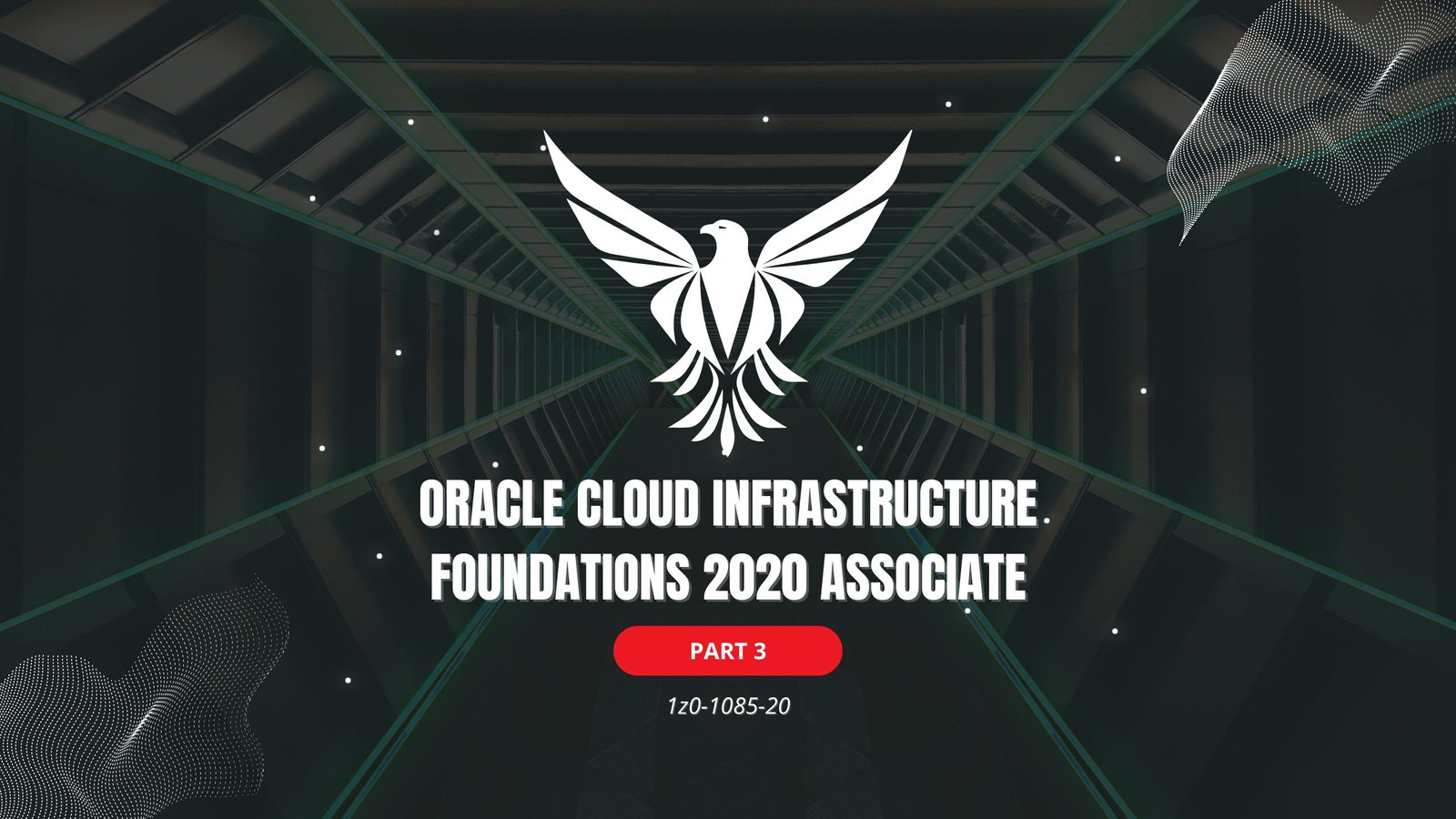
The Microsoft Certified Solutions Expert (MCSE) certification is a globally recognized credential that validates the expertise of IT professionals in designing, implementing, and managing innovative solutions using Microsoft technologies.
To help you prepare for the MCSE exam, we have compiled a list of the top 10 practice questions along with their answers. These questions cover various domains and will test your knowledge and understanding of the key concepts required for the certification.
Let’s dive in!
Question 1 Which of the following utilities should be used to create and manage Windows 2000 domain accounts?
A. User Manager for Domains
B. User Accounts and Passwords
C. Active Directory Users and Computers
D. Local Users and Groups
Answer C is correct. While User Manager for Domains can create accounts if the domain hasn’t been converted to native mode, it’s not completely compatible. The other utilities can only be used to create local accounts.
Question 2 Which of the following utilities can be used to create and manage Windows 2000 server local accounts?
A. User Manager for Domains
B. User Accounts and Passwords
C. Active Directory Users and Computers
D. Local Users and Groups
Answer D is correct. User Manager for Domains and AD Users and Computers can only be used to create domain accounts. User Accounts and Passwords is only available on Windows 2000 Professional computers.
Question 3 Which of the following groups are created by default on a Windows 2000 member server? (Choose all that apply.)
A. Builtin
B. Administrators
C. Computers
D. Guests
Answers B and D are correct. Administrators and Guests are default accounts on a Windows 2000 member server. Builtin and Computers are not default groups; therefore, answers A and C are incorrect.
Question 4 You need to configure an account for a temporary user on your network. Which of the following accounts should you assign this user?
A. Domain User
B. Domain Admin
C. Guest
D. Local User
Answer C is correct. The Guest account should be used for any temporary user who needs limited system access. Therefore, answers A, B, and D are incorrect.
Question 5 Which Windows NT group is roughly equivalent to the Windows 2000 Power Users group?
A. Domain Users
B. Users
C. Domain Admins
D. Administrators
Answer B is correct. Security has been tightened in Windows 2000, so the Power Users group permissions are roughly equivalent to the Users group from Windows NT 4.0.
Question 6 Which of the following is not a valid password policy?
A. Password History
B. Maximum Password Age
C. Minimum Password Age
D. Minimum Password Length
Answer A is correct. The correct policy is named Enforce Password History.
Question 7 The Human Resources manager was recently terminated. Due to the sensitive nature of her files they were all encrypted. What utility can you use to decrypt her files?
A. Cipher
B. Decrypt
C. Unencrypt
D. RecoverPass
Answer A is correct. Cipher is the command-line utility that can be used to decrypt files and folders. The other utilities do not exist.
Question 8 What user account(s) have the default recovery agent role in a domain?
A. Power Users Group
B. DRA User
C. Domain Administrator account
D. Domain Admins
Answer C is correct. By default the domain administrator account is granted the recovery agent role for the domain.
Question 9 What utility do you use to view audit information?
A. Audit Log Viewer
B. Log Viewer
C. Event Viewer
D. Audit Viewer
Answer C is correct. The audit information is recorded in the Security Log under Event Viewer. The other utilities do not exist.
Question 10 Which of the following items typically appear in an audit record?
A. The time and date that the event occurred
B. The elapsed time that the event consumed
C. The event performed
D. The next occurrence of the event
Answers A and C are correct. The audit record shows the event performed, the time and date that it was performed, the user account, and the success or failure of the event.
You may also like:- 80 Most Important Network Fundamentals Questions With Answers
- 100 Most Important SOC Analyst Interview Questions
- Top 40 Cyber Security Questions and Answers
- Top 10 React JS Interview Theory Questions and Answers
- CISSP – Practice Test Questions – 2024 – Set 20 (53 Questions)
- Part 2: Exploring Deeper into CCNA – Wireless (145 Practice Test Questions)
- Part 1: Mastering CCNA – Wireless (145 Practice Test Questions)
- [1z0-1085-20] Oracle Cloud Infrastructure Foundations 2020 Associate MCQ Questions – Part 3
- [1z0-1085-20] Oracle Cloud Infrastructure Foundations 2020 Associate MCQ Questions – Part 2
- [1z0-1085-20] Oracle Cloud Infrastructure Foundations 2020 Associate MCQ Questions – Part 1









This Post Has One Comment